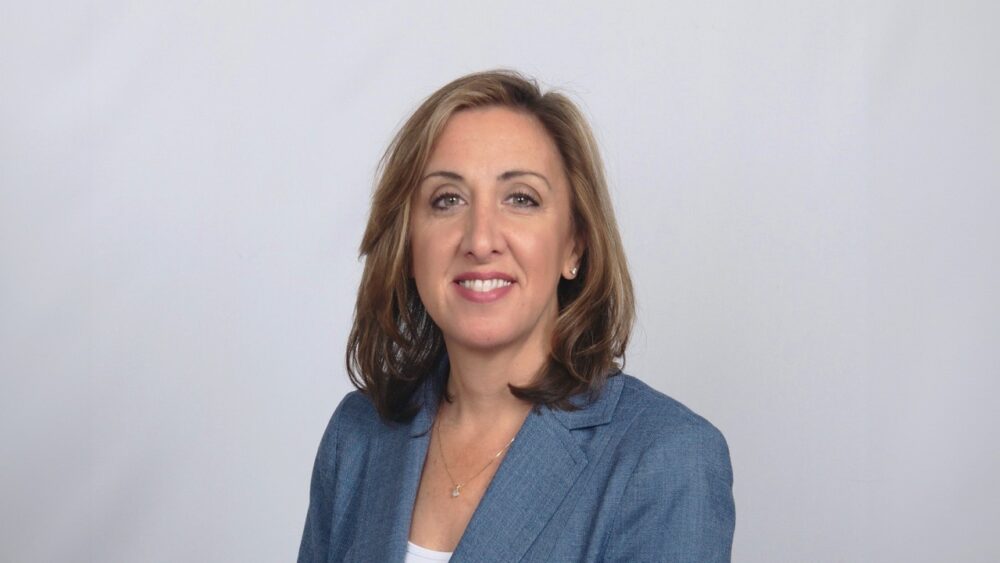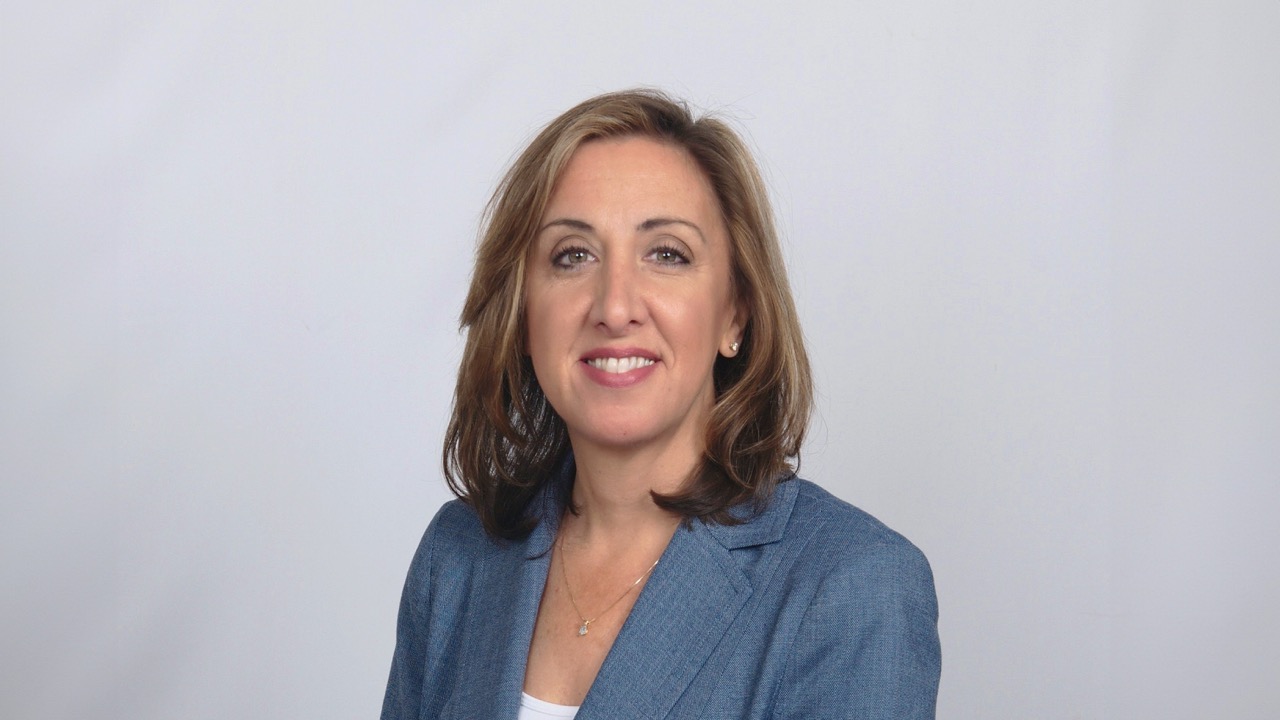Food & beverage companies are under threat of new tariffs. Tariffs can affect costs of goods sold (COGS), supply chains and consumer behavior. Costing is uncertain and tariffs add to that uncertainty. An example is potential US-levied tariffs of 25% on goods from Canada and Mexico, and, for products from China, an additional 10% tariff on top of existing duties. Europe has not escaped either, as the US seeks to reduce its trade deficit with the EU by potentially adding new tariffs there as well. Higher tariffs lead to increased costs of raw materials and in turn, finished product.
Tariffs can squeeze profit margins as brands struggle to absorb additional costs without raising retail prices, in order not to lose cost-sensitive consumers. Modern software offers the means for companies to analyze their cost structures in real time. With these tools, food manufacturers can simulate various tariff scenarios to understand the financial implications, enabling them to make informed decisions about pricing strategies and cost management. This proactive approach maintains a competitive edge even in a challenging economic environment.

Supply chain disruptions
Tariffs can disrupt established supply chains, leading to delays and increased logistics costs. Companies relying on international suppliers may face significant bottlenecks resulting in stock shortages and decreased sales. Platforms that offer enhanced visibility, give companies the tools to track sourcing in real-time. This identifies potential disruptions early on, so brands can pivot and explore alternative vendors or sourcing options. Fostering a more resilient supply chain mitigates some of the risks associated with tariffs and other disruptions.
Market repositioning and consumer behaviour changes
In response to changing costs, manufacturers may need to reposition their products. For example, established brand names might be better equipped to absorb tariffs than lesser-known or regional brands, but margins in the food industry are notoriously thin to begin with.
Increased prices due to tariffs can alter consumer spending habits, leading shoppers to seek cheaper alternatives or forego non-essential purchases, negatively impacting sales for food & beverage brands. Statistics have shown that private label has made big gains in recent years, setting record highs in 2024: 22.9% of total unit volume and 20.4% in sales.
A modern product lifecycle management (PLM) has modules that can facilitate agile product development, enabling companies to swiftly adapt to market changes. By streamlining collaboration and workflow processes, food & beverage companies can quickly reposition their offerings or develop new products that cater to evolving consumer demands. Agility is crucial for maintaining market relevance amid shifting market conditions.
Innovation and R&D
With rising costs, companies may feel pressure to cut back on R&D which can stifle innovation, hindering brands’ speed to launch new products. PLM functionality such as least cost formulation (LCF) is a tool that scientists can use to set ranges for protein, fat or moisture, for example. PLM then uses the company’s ingredient library to spit out a formula that meets the required constraints at the lowest cost, giving product developers a good starting point, saving time.
Advanced PLM solutions streamline product development with features that enhance collaboration and efficiency, freeing up time and money so manufacturers can continue to invest in R&D, even in a cost-sensitive environment. This fosters a culture of innovation where companies can introduce new and improved products that resonate with consumers, potentially offsetting declines in sales.
Regulatory compliance
To navigate tariffs, it isn’t enough to understand costs but also to ensure compliance with evolving international trade regulations. Non-compliance can lead to penalties and operational disruptions. Knowing the latest regulatory changes through a comprehensive tech platform is key. By providing up-to-date information on global trade regulations, modern tech solutions minimize the risk of penalties and ensure that companies operate smoothly despite the challenges tariff bring.
Essential modern tech solutions
It is a fact that tariffs affect costs, supply chains and consumer behavior. Centric Software, provider of Centric PLMTMand other consumer goods-focused solutions, enables companies to drive efficiency to offset turbulence in the food & beverage industry. Some ways to mitigate the issues posed by tariffs are sourcing visibility, cost management, agile product development, consumer insights and keeping current on regulatory compliance. Modern PLM provides a competitive advantage to give food companies the ability to meet the needs of consumers in a fluctuating economic climate.
















